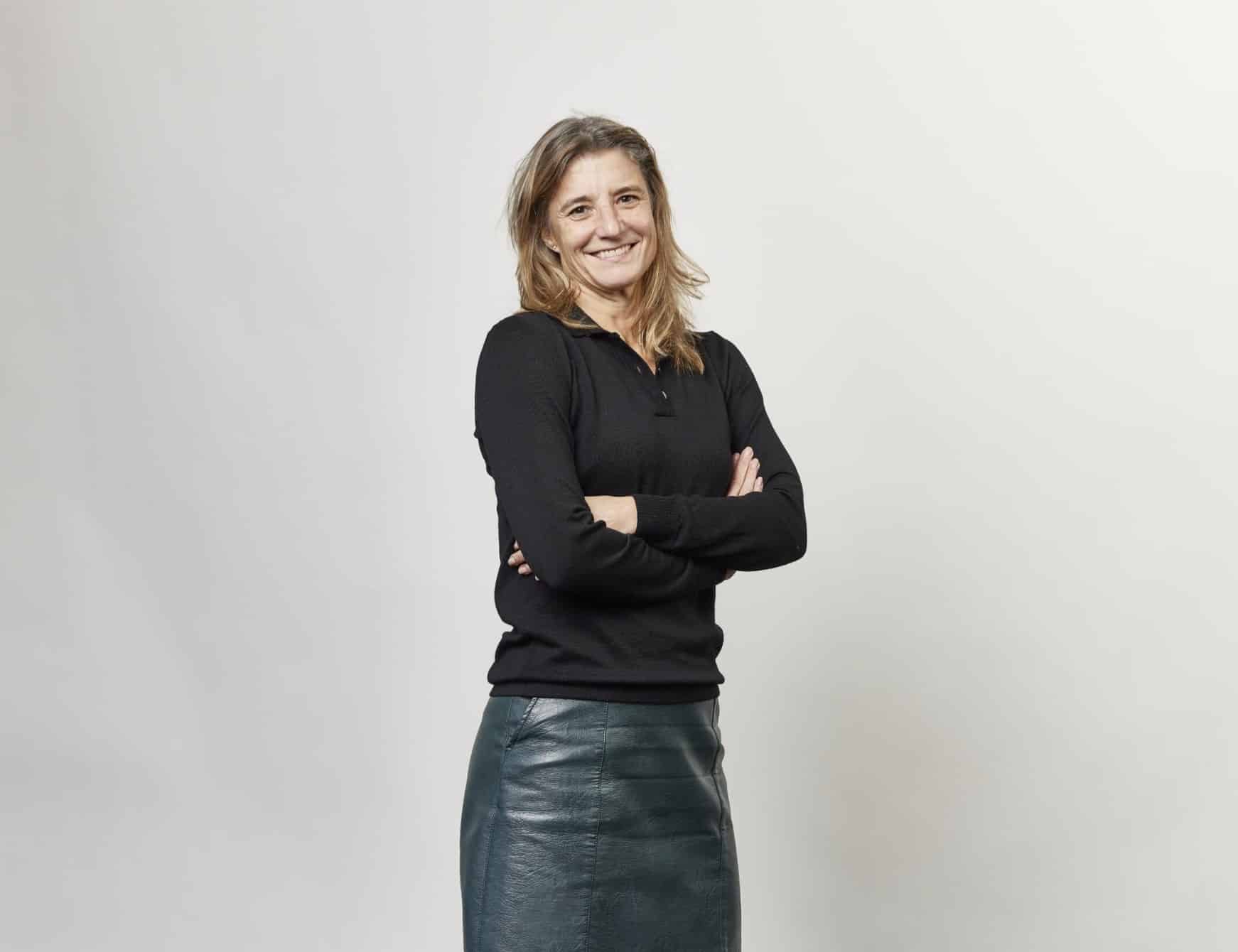‘I started as sustainability manager at Royal Koopmans on 1 July 2024 and in that role I take on – together with the Koopmans teams – everything that has to do with sustainability in our entire chain: from accelerating regenerative agriculture with our partners FarmPlus and Natuurmonumenten, to the energy transition in our own operations, to transport and procurement of raw materials.
Until recently, this also included the implementation of all requirements of CSRD (Corporate Sustainability Reporting Directive, ed.). However as a result of the Omnibus package – which is an amendment to these CSRD requirements- we are no longer in scope and therefore we do not need to adhere to the CSRD requirements. Despite this change we continue unabatedly, because we see CSRD as an opportunity to structure our sustainability initiatives, to challenge ourselves and to accelerate improvements.’

‘I decided to wholeheartedly accept the work at Royal Koopmans when in the very first exchange with the management team I understood that sustainability was not a nice to have for the company but a core conviction that the management team had already fully embraced not only in their vision and strategy, but also in the day to day business conduct.’
Since taking office, our CEO, Dirk Lodewijk, has been a pioneer in accelerating progress in the grain chain. As early as 2013, he began setting up a fully transparent chain by valorizing Dutch grain, which today still largely goes to animal feed (only 5% of Dutch grain ends up in consumer bread). Currently, 65% of our grain is from Dutch soil, and the rest from our eastern neighbours.
He achieved this through very close cooperation within the chain and with our cooperative, FarmPlus. In the spirit of continuous improvement and positive impact, in 2021 Royal Koopmans decided to launch Nedertarwe – certified wheat grown with regenerative agricultural practices as defined in a toolbox, which was created in close collaboration with Natuurmonumenten and FarmPlus. Through these regenerative measures, our growers improve soil health, restore biodiversity and reduce both CO2 emissions as pesticide usage. In return for their efforts, which are audited by a third party, the growers receive a premium for their wheat, so that the entire chain can generate added value with Nedertarwe.
The share of Nedertarwe now amounts to 20% of our Dutch grain (or 25 thousand tons), with which Royal Koopmans has demonstrated that it is possible to grow nature-inclusively on a large scale.
In other words, I do not so much provide direction for a sustainable future – that had already been defined. At most, I provide structure and make the results transparent throughout the chain, so that we can identify areas for improvement and do even better.
The challenges I face are not so much related to my role as sustainability manager, but rather inherent to agri-business.
We prove that investing in sustainability pays off, but only if certain preconditions are in place:
‘The most important lesson is the importance of collaboration and communication. Sustainability is a joint effort that requires collaboration: with chain partners, like-minded people who can inspire you, or with other parties (such as consultants, agritech companies and scale-ups) who can help you accelerate. And this also applies within your own organization: involve everyone in the sustainability journey and make everyone part of the ambitions. Above all, keep it fun and inspiring.’
‘I am most proud of the success that Royal Koopmans is achieving with Nedertarwe, which I mentioned earlier. Within the commodity business it is exceptional to connect sustainability to a healthy business opportunity. Royal Koopmans has managed to do just that; making sustainability its USP and proof this is viable at scale.’
I am especially proud that Koopmans did not wait for alignment within the sector on how to approach sustainability, how to define and measure regenerative agriculture, etc., but simply started implementing the toolbox, inspiring growers and chain partners, and being inspired by them. I am convinced that the path to success is learning by doing, defining and implementing improvement steps along the way, and thus making an increasingly greater contribution.
‘Practically speaking: I want to be CSRD ready even if we are officially not required to comply anymore. This means having set clear SBTi (and SBTN) approved targets, and set up a fluid data gathering process in the full chain (scope 1, 2 and 3) reflected in an intuitive data dashboard which will be updated every year. In that dashboard I also want to see the GHG emission reduction results of the implemented measures.’
‘To make it even more ambitious, I would also like to see movement in the vertical chain collaboration that I mentioned earlier. That we feel enthusiastic about tackling biodiversity and soil health together on our arable plots, and serve as an example for other sectors.
Let us not be blinded by the challenges, but focus on the wonderful aspects of the role that so many people want to have, that attracts young talent, and that creates meaning and added value to the business world for many. We need to realise how much has already been achieved (which I find difficult at times too), and celebrate the progress still being made in Europe where the challenge is being taken seriously. Let us inspire and be inspired with positive energy, because only then can you get people on board and make real progress based on intrinsic motivation.